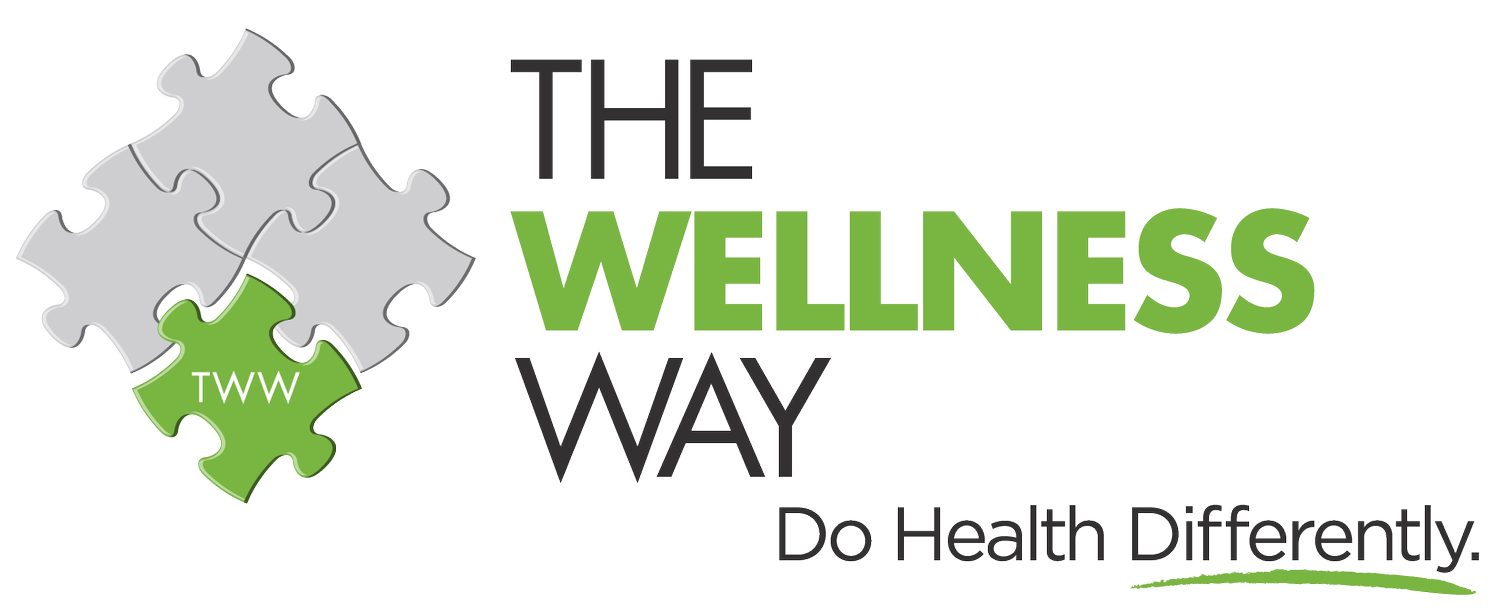FLUORIDE DEBATE: Balancing Dental Health and Potential Risks
Fluoride has long been regarded as a champion when it comes to dental health, leading the fight against cavities. However, behind this strong reputation is a debate surrounding its safety and efficacy.
With rising questions on the balance between reaping its benefits and mitigating potential risks, it has become crucial to dive deeper into the role of fluoride in dental health and alternative approaches that minimize reliance on fluoride-containing products.
ROLE OF FLUORIDE IN DENTAL HEALTH
Fluoride is a naturally occurring trace mineral found in soil, water, and various foods that has played a significant role in dental health for over a century. Much evidence has linked how communities with naturally occurring fluoride in their water sources exhibited lower rates of dental cavities. This led to the hypothesis that adding fluoride to water supplies could help prevent tooth decay on a broader scale.
Water fluoridation eventually became a common practice endorsed by health authorities and dental professionals worldwide. Today, it is widely regarded as a vital tool in the prevention of dental cavities because of its ability to strengthen tooth enamel and inhibit the growth of cavity-causing bacteria.
However, in recent years, the widespread use of fluoride has also sparked debates regarding its safety and potential risks, leading to ongoing research and discussions.
Sources of Fluoride Exposure
Fluoride is present in multiple aspects of daily life, extending beyond water fluoridation. Understanding these sources sheds light on the potential for cumulative intake and possible its implications for overall health.
Dental Products: Fluoride is most commonly found in dental products like toothpaste, mouthwash, and dental treatments to help strengthen teeth enamel and prevent cavities.
Environmental Pollution: Industrial activities and emissions can introduce fluoride into the environment and individuals living in these areas face elevated levels through inhalation, ingestion, or dermal contact.
Fluoride Supplements: These may sometimes be subscribed to individuals at high risk of dental caries.
Food Sources: Certain foods like tea leaves, raisins, oatmeal, and russet potatoes naturally contain fluoride.
Fluoride-based Drugs: Individuals prescribed drugs like fluoroquinolone antibiotics inadvertently increase their fluoride exposure, highlighting the need to consider cumulative intake from pharmaceutical sources.
Fluoride encounter is unavoidable while navigating normal daily routines and so there is a need to necessitate awareness of cumulative exposure to reduce potential health risks.
Concerns and Risks Associated with Fluoride
Excessive intake of fluoride from its multiple sources can lead to various health issues. Let's delve into some of the risks associated with fluoride:
Dental Fluorosis: One of the most well-known side effects of excessive fluoride exposure which occurs due to accumulation during the developmental stages of teeth, usually up to 8 years old. This can lead to cosmetic issues like mottling or discoloration of tooth enamel, ranging from mild to severe.
Skeletal Fluorosis: Fluoride accumulation in the bones can lead to changes in bone structure and mineralization, causing symptoms like bone pain, stiffness, and an increased risk of fractures.
Neurotoxicity: Studies have linked fluoride exposure to lower IQ scores and cognitive development issues.
Thyroid Dysfunction: High fluoride levels can interfere with iodine uptake by the thyroid gland, leading to decreased thyroid hormone production (hypothyroidism), especially in pregnant women.
Allergic Reactions: In rare cases, individuals may show hypersensitivity to fluoride-containing dental products and may present itself as skin rashes, itching, swelling, or difficulty in breathing.
Cancer: It is proposed that fluoride may promote cancer development through mechanisms like DNA damage or disruption of the immune system. These cancer links include uterine, bladder, and bone cancer (osteosarcoma).
While fluoride remains an important tool in dental health, it's essential to weigh its benefits against potential adverse effects and take steps to minimize unnecessary exposure.
Exploring Alternatives to Fluoride Use in Dental Health
Given these growing concerns surrounding fluoride, it is important to slowly seek alternative approaches to dental care that minimize reliance on fluoride-containing products.
Fluoride-free and Natural Oral Care Products: Explore products that prioritize plant-based ingredients and avoid synthetic additives like fluorides. Some good alternative formulations may also incorporate natural ingredients like baking soda, silica, and herbal extracts to cleanse and protect teeth without relying on fluoride.
Regular Dental Check-ups: Emphasize regular dental check-ups preferably with dental health professionals who opt for natural, fluoride-free treatments. This helps detect early signs of dental issues and allow for personalized recommendations tailored to individual oral health needs.
Natural Remedies: Incorporate natural remedies like oil pulling, saltwater rinses, and herbal mouthwashes into oral care routines. These practices utilize the cleansing and antibacterial properties of natural ingredients to support oral hygiene.
Get a Water Purifier: Using Reverse Osmosis (RO) water filters effectively remove contaminants like heavy metals, chlorine, and fluoride, ensuring cleaner and fresher-tasting water. While RO water lacks some beneficial minerals, individuals can choose to remineralize it with mineral drops or focus on consuming mineral-rich foods and supplements for balanced mineral intake.
In conclusion, while fluoride has been a star component of dental health for decades, its widespread use has sparked debates regarding safety and efficacy. Understanding the sources of fluoride exposure and the associated risks is crucial in making informed decisions about oral care. Moreover, exploring alternative approaches to dental health that minimize reliance on fluoride-containing products provides valuable options for those seeking to mitigate potential health risks.
By weighing the benefits and risks of fluoride and exploring alternative strategies, individuals can take proactive steps towards maintaining optimal oral health while minimizing unnecessary exposure to fluoride.
Learn more about the Fluoride Debate with Dr. Connor Wolfe’s comprehensive discussion.

